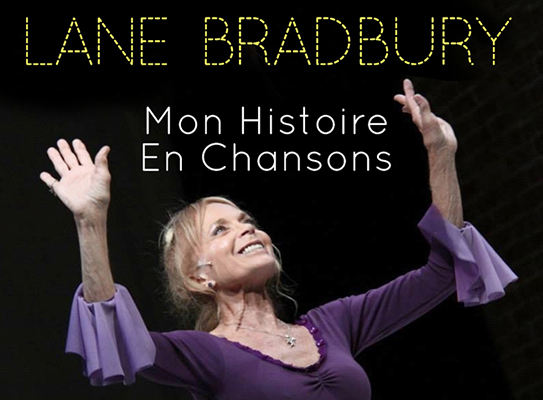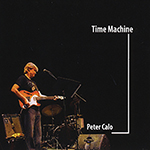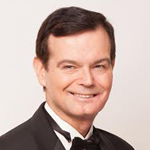
Lane Bradbury
Mon Histoire en Chansons Francaises
Friday, March 4 at 7 pm
Pangea, NYC
Click HERE for tickets
Lane Bradbury, the original Dainty June in Gypsy, sang a daunting set of French songs at Pangea, the cozy cabaret in the East Village. She was sensitively accompanied on piano by her music director Joe Goodrich, who often joined her in song.
Bradbury, slender and energetic, opened
the program with a tongue-in-cheek clarion call of “La Marseillaise” (Claude
Joseph Rouget de Lisle) sung by Bradbury versus “The Star-Spangled Banner”
(Francis Scott Key) sung by Goodrich. (No one stood up, hand over heart!
online pharmacy https://salterlewismd.com/wp-content/uploads/2022/09/new/orlistat.html no prescription drugstore
buy zithromax online https://www.icriindia.com/blog/wp-content/themes/twentyseventeen/inc/new/zithromax.html no prescription
)
They cleverly segued to “Les Champs-Elysées” (Michael Wilshaw/Michael Anthony Deighan/Pierre Delanoë) which she sang with girlish glee. Confiding that she had survived both Ethel Merman and Jerome Robbins she sang “Mon Histoire (My Story)” from Les Misérables (Claude-Michel Schönberg/Alain Boublil) pushing a bit to communicate the song’s dark tale.
She mimed holding a baby—relating to her own daughter—as she sang “Les trois cloches (The Three Church Bells)” (Jean Villard Gilles), a sweet song about the stages of life, following it with an even more emotional number, “L’Hymne á l’amour (Hymn to Love)” (Marguerite Monnot/Edith Piaf).
It was fun to hear the ABBA song “The Winner Takes It All” in French as “Bravo, Tu as gagné” (Björn Ulvaeus/Benny Andersson). It was a medium to express her own losses in the world of love. Again, her emotions got the better of her voice.
Written for a musical play, “En Me Promenant dans Mes Rêves (Sleepwalkin’ Dream)” was composed by Bradbury and Joseph Akins. A world-weary and meditative tone colored her interpretation of her own creation.
She sang, in quick succession, a series of well-known songs beginning with “Comme d’habitude” (Claude François/Jacques Revaux), better known in the Paul Anka version as “My Way”; Piaf’s tale of a prostitute and a rich man, “Milord” (Monnot/Georges Moustaki); the soul-baring “Ne me quitte pas” (Brel); the story of obsessive love, “Jezebel” (Wayne Shanklin) made famous by Frankie Laine; and, finally, the “My Way” of French chansons, “Non, je ne regrette rien” (Charles Dumont/Michel Vaucaire), Piaf’s grand anthem of a life well lived.
Bradbury worked hard to convey the songs’ differing emotions and succeeded in turning her slightly frayed voice into an affecting, honest instrument.
Goodrich had a lovely solo turn with Charles Aznavour’s “I Didn’t See the Time Go By.” His voice was sweet and expressive.
Bradbury encored with a cute—perhaps too cute—“Le Chat de la Voisine” (Yves Montand) and then surprised everyone with an enthusiastic blast from the past:
“Let Me Entertain You” (Stephen Sondheim/Jules Styne) from Gypsy, bringing both nostalgic tears and laughter from the audience.





